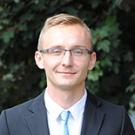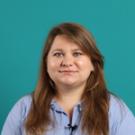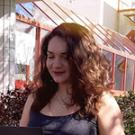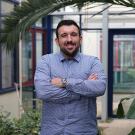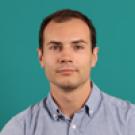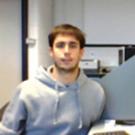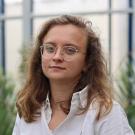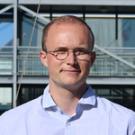

On the initiative of the IRDL management team, the seminar’s main goal was to calculate the laboratory’s carbon footprint. The organizers have come up with a two-pronged program for the participants: identification of the activities having the biggest impact, and discussions on a variety of themes in small groups.
Each participant calculated their personal and professional footprint based on information provided by the French Agency for Ecological Transition (Ademe). The personal footprint encompassed life patterns like diet, housing and transport (not including commutes), purchases and public services, while the professional footprint included commutes, assignments, work-related procurement and infrastructure.
Bruno Levieil, associate professor at ENSTA Bretagne:
A very broad majority of colleagues found that, as a researcher at IRDL, their impact was bigger on a professional than on a personal level. We had done estimations beforehand, at the scale of the lab, so that they had procurement and infrastructure data available and thus orders of magnitude. This also shed light on the impact in terms of public services, under which our activities come. What these figures showed is that, to achieve the Paris Agreement goal of 2 tons of CO2, action is necessary across the different areas.
A number of subjects were then discussed in greater depth, in small groups, to identify levers for action. The climate shadow theme particularly resonated. This concept aims at factoring in the positive impact of our personal actions and choices. A professor can, for example, have a positive impact by educating and raising the awareness of their students about their environmental footprint.
Théo Sevede, PhD student:
These were very constructive activities both from a personal and professional viewpoint; they helped us to realize what impact our activities have”.
Each group outlined proposals that were compiled in a final summary. This summary is currently being finalized, and will shortly be shared with the whole laboratory.
We’re not going to stop there! We have lots of ideas for organizing and continuing this work further, Bruno Levieil concluded.
Marieke Stein, a humanities professor at the FoAP laboratory, attended the seminar to observe the discussions:
I commend IRDL’s resolve to go beyond merely thinking about this, by coming up with genuine lines of action. Engaging in a process to reduce carbon emissions isn’t easy for researchers, as it challenges the very purpose of their profession, and raises key questions: how can international relations be developed without travelling long distances and too often? If we consider the full implications, the necessity to lower our emissions calls into question the validity of a drive to always develop more research, however it please us. The discussions held on Batz during the workshops and feedback session highlight these challenges, but also spur us on to take action. I am looking forward to seeing what will come out of this day, and intend to organize a similar day at the FoAP lab along the same lines.
This was therefore a first event of its kind, with others set to follow. Watch this space…







